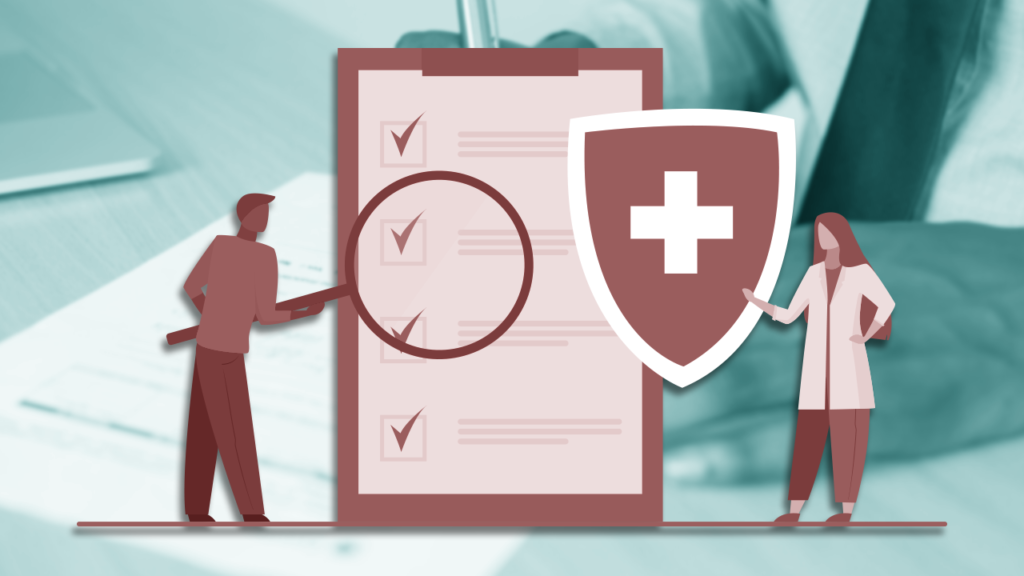Medical billing is one of the most sought-after services in the healthcare industry. Gone are the days when providers used to rely on traditional billing systems. The benefits of outsourcing medical billing services are immeasurable. Not all claims get paid, though! Some are denied for various reasons, and there are ways to prevent this.
What causes medical claim denials?
There are numerous reasons why an insurance firm may reject a medical claim from a policyholder. These are;
- Lack of pre-certification
With some insurance companies, you must obtain pre-authorization for certain medical procedures before seeking the actual treatment. If you fail to comply, your claim will be rejected, and you risk paying the entire amount.
- Improper documentation
Errors in the claim form submitted can lead to claim denial. These may include misspellings or mistyping useful information. Also, missing information on the treatment form is a grave mistake. This may be in the form of missing service codes or incorrect diagnosis. For this reason, most providers outsource medical billing services to minimize claim rejections.
- Filing delays
All insurance companies have filing deadlines. Submitting your claim form past the deadline can result in denials. Unfortunately, there’s not much you can do to get your dues. Duplicate claims will also lead to denials.
- Expired plans
Outdated insurance plans lead to claim rejection. The provider should ensure that all patients’ insurance cards are up-to-date. The patient should also be willing to produce coverage information and documents when necessary.
How can I prevent medical claim denials?
We have already discussed the various reasons for medical claim denials. Regardless of the reason for denial, the patient bears the burden of all the medical bills- which can be avoided.
Here’s how;
1. Accurate eligibility checks
The insurance firm will automatically deny claims from an outdated insurance plan. The best way to avoid this is by verifying the patient’s coverage eligibility before offering these vice. The health facility should have the right procedures in place to verify every piece of information on the insurance card. This avoids a mismatch between the patient and the insurance cover.
2. Authorization checks
A significant percentage of claim denials can be attributed to pre-certification. And this makes it critical for the health provider to verify this information before rendering services.
However, authorization can be time-consuming, and hiring a denial management firm can offer better outcomes.
3. Automation –For improved accuracy
You can avoid claim denials by offering accurate patient information. This isn’t easy with conventional data management methods. Embrace technology and automate patient-data management to facilitate the smooth exchange of information.
4. Constant updates on the revenue cycle& Systems
Have the right systems in place to analyze the revenue cycle. Also, take prompt measures in cases of anomalies. For instance, consider key metrics and KPI reports that can enhance efficiency in your internal functions. Moreover, train workers to handle all complex situations promptly.
In summary
Claim denial can be costly for the patient. You don’t want to bear all the treatment costs upon receiving medicals services. To avoid this, research on the state regulations regarding claim coverage. Also, avoid errors in the claim and only submit accurate information.








